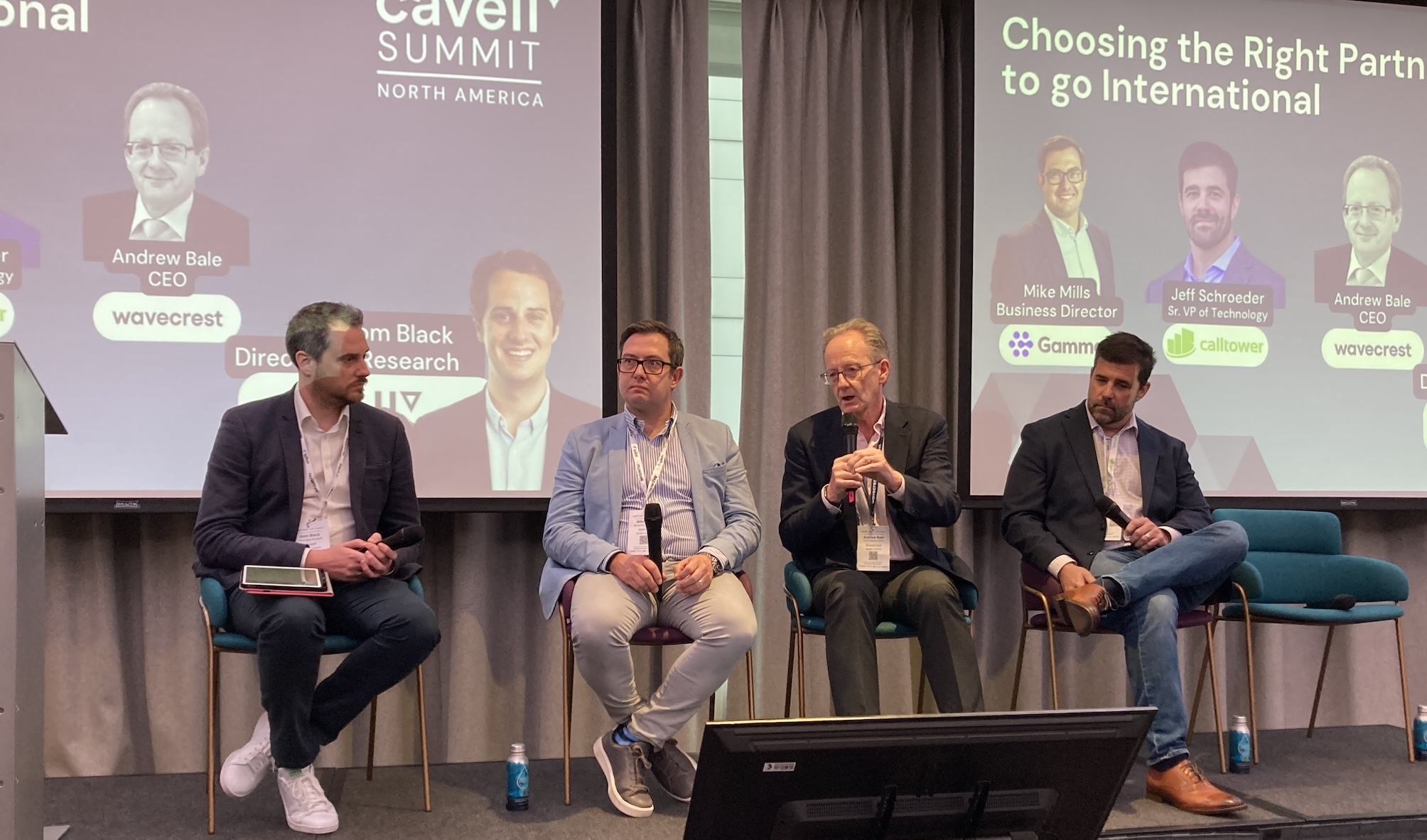Blog post
Confronting our collective failure head-on
04/24/24
Chris Adams
Fraud is the big challenge for today’s voice industry. I wrote about that in my last post. But today I want to be more specific about what this fraud consists of, and why we need to hold up our hands and admit our collective failings as an industry. We need to distinguish between two different types of voice fraud.

The first type is arbitrage and artificially inflated traffic that hits carriers. Bad actors are using the technical complexity of the voice market, and the new IP-driven technology underpinning it, to find ways to make fake calls and rack up large charges. Often this traffic is generated by automated bots, to be as lucrative (and hard to trace) as possible.
The second type of fraud hits consumers directly. As activity like spamming, spoofing and phishing persists – and indeed booms – the public are starting to lose faith in the validity and veracity of voice calls.
The voice industry has perhaps been guilty of focusing more on the first type of fraud than the second, maybe because as carriers it hits us in our pockets more immediately.
But – crucially – the huge risk with the second category is that regular consumers lose trust in voice calls entirely, and this slowly erodes the foundations of the industry over the longer term.
Like the proverbial boiling frog, we haven’t noticed fraud getting worse and worse, and consumer trust getting lower and lower. Now we can’t ignore this any longer. We’ve reached an inflection point, where governments and regulators are taking action and the industry is being pressured to sort things out.
Arguably we’re already seeing evidence of eroded consumer trust in voice, through reduced rates of answering phone calls. Multiple studies in recent years have highlighted this trend. According to a Pew study (2020), 80% of US adults no longer answer phone calls from unknown callers – but other studies have put it as high as 87% (First Orion, 2020) or even 98% (FranFunnel, 2018).
Whichever figure you trust, the frightening reality for the voice industry is that if vast swathes of consumers don’t answer their phones, the negative impact on business is huge.
Unless we act fast, we risk losing revenue and ultimately becoming irrelevant to the public.
It’s time for the voice industry to acknowledge we didn’t do enough to address consumer fraud over previous years. Having confronted that failure, we can turn our attention to properly solving it.
Related Resources

Choosing the right partner to go International
Choosing the right partner has never been more challenging but our industry collectively needs to focus on transparency, trust and processes that bring safety back to the consumer.
Read more >
Are US telcos surcharged?
Origin-based rating (OBR) was introduced to reset the financial balance between different countries within the EEA. As the US isn’t an expensive destination, US telcos typically don’t expect to be classed as an expensive origination so are they surcharged?
Read more >